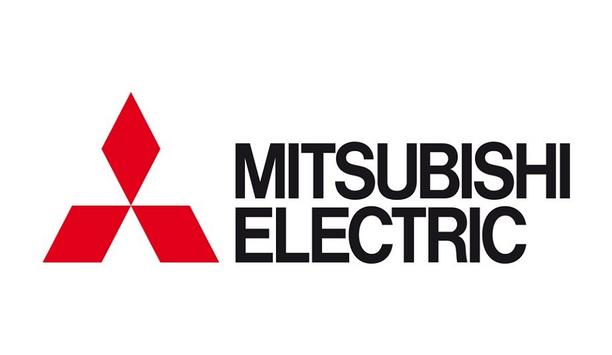SMS Environmental is excited to announce the release of the new white paper, 'Advancing Legionella Management: The Benefits of Transitioning from Manual to Remote Temperature Monitoring', which delves into the crucial topic of temperature control within water systems and its impact on Legionella bacteria.
For those who don't know, Legionella bacteria is responsible for Legionnaires' disease, a potentially deadly form of pneumonia, making effective control measures a top priority for public health and safety.
Remote monitoring technology
While current policies emphasize manual temperature tabs as a key part of Legionella control
While current guidelines emphasize manual temperature checks as a key component of Legionella control, the white paper challenges the limitations of this traditional method. In it, they argue that manual monitoring may not provide a complete picture of temperature fluctuations that contribute to bacterial growth, potentially leading to missed opportunities for effective risk management.
The paper also introduces the concept of incorporating remote monitoring technology to enhance Legionella management strategies. By shifting to a more proactive and data-driven approach, they believe that organizations can make better-informed decisions, improve overall risk management, and ultimately reduce health risks associated with Legionella.
benefits of this innovative approach
To further illustrate the benefits of this innovative approach, the white paper includes a case study highlighting the successful implementation of remote monitoring in a real-world setting. They hope that this case study will inspire others to rethink their Legionella control strategies and consider the potential advantages of embracing new technologies.
They invite them to download and explore the white paper to learn more about how remote monitoring can add food for thought regarding the way they manage Legionella risks. Together, they can work towards a safer and healthier environment for all.















